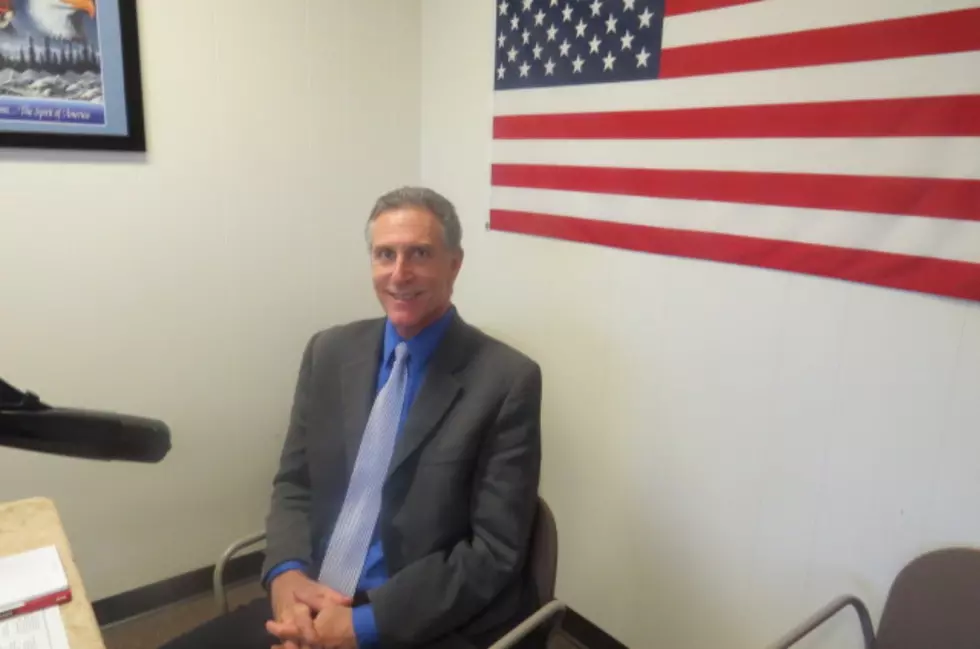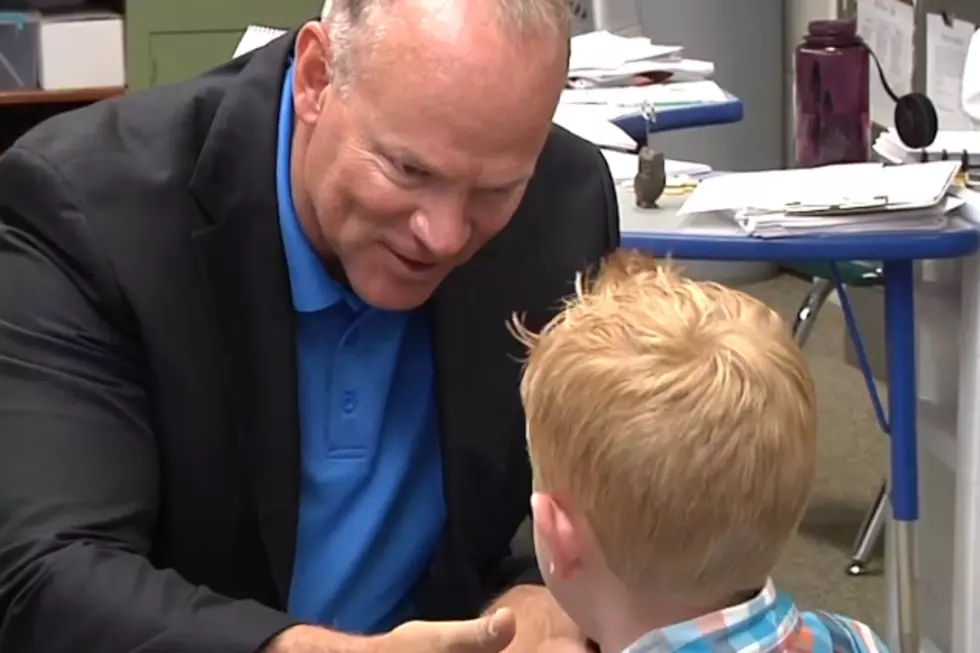
Don’t Fear the Federal Boogeyman
~~by Steve Klein~~Wyoming Liberty Group~~
Jim McBride, former Wyoming Superintendent of Public Instruction, told a fascinating and shocking story Oct. 8 while testifying in favor of the Common Core State Standards before the State Board of Education. According to McBride, while in office he once had a conversation with the Undersecretary of the United States Department of Education at a cocktail party. After McBride suggested Wyoming schools could operate without federal funds, the Undersecretary stated the federal government would respond by withholding all federal funds to Wyoming including monies for such initiatives as Game and Fish and Transportation. Although McBride said he was unsure of the legality of such a claim and did not check with the Attorney General's office afterward, the story was meant to reinforce that Common Core is here to stay.
It is unfortunate that McBride did not check with the Attorney General - or any lawyer for that matter - while he was in office or before giving his recent testimony. If in fact the Undersecretary made this claim, there is nothing to support it in the U.S. Constitution, and plenty of constitutional case law to refute it.
In 1987, the United States Supreme Court decided in the case South Dakota v. Dole that the federal government cannot remove funding from one program like transportation to coerce states to comply with other unrelated programs like education. Just over a year ago, in NFIB v. Sebelius (the ObamaCare case), the Court reinforced this doctrine, ruling that the federal government could not add new conditions to the Medicaid program or threaten to remove all funding for the old program if states did not comply. These rulings each reinforce the principle of federalism, which is to say that federal and state governments have respective powers that cannot be circumvented with coercive federal funding schemes.
This is not a nuanced area of constitutional law, but nevertheless federal executives are often just as uninformed as McBride. Even more unfortunate, many federal officials who are aware of constitutional limitations simply don't care. After all, if an empty threat works it's not actually an empty threat. There are many serious implications in any discussion of a program that involves federal funding, but we should not allow these discussions to be derailed by a nonexistent all-powerful federal boogeyman.
I do not mean to criticize McBride, because such federal boogeymen have been cited at one time or another throughout our state government. McBride is not the first and will certainly not be the last official in Wyoming to take Washington at its word or hear substance in empty threats. Wyoming, especially our elected officials, must realize that federalism is not simply an archaic legal term but a principled structure that keeps government in check. Much like separation of powers between the branches of government at the state and federal level, the Founders predicted that each level of government would guard its power jealously, and thereby prevent one level from becoming tyrannical. At certain times, such as when our state joined the ObamaCare litigation, we've asserted ourselves admirably, but Wyoming could do a lot more.
The Attorney General's office, full of talented attorneys, has stepped far too gingerly at times when taking on the federal government in court. Bold constitutional arguments should not simply be the specialty of think tanks and advocacy groups. Likewise, our Legislative Services Office, which also employs skilled researchers and attorneys, should be more proactive when our state legislators seek to assert state power against federal overreach. But as McBride's story illustrates, our state's attorneys cannot be a crutch.
All our leaders need a good grasp of constitutional basics, enough to tell the difference between legitimate federal power and a federal boogeyman. At the very least, our leaders need to treat federal power with due suspicion, and seek legal counsel when they're told by federal officials that we're powerless.
More From KGAB




![Ed Board Sticking With Common Core [Audio]](http://townsquare.media/site/99/files/2012/08/high-school-students.jpg?w=980&q=75)




